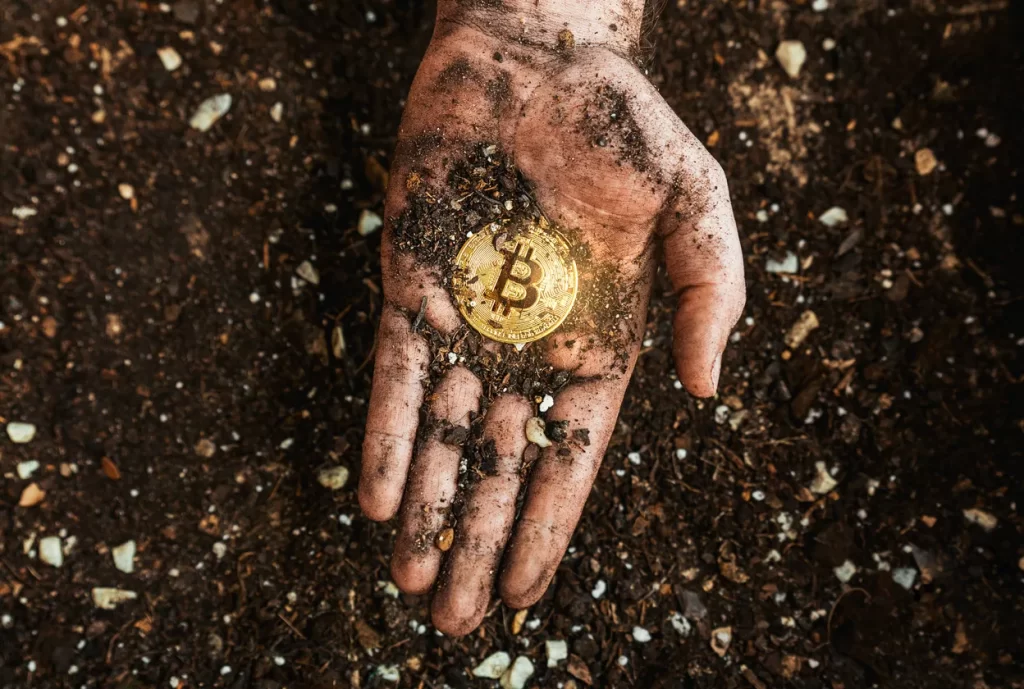
Payment processing systems are an integral component of the financial services ecosystem, enabling both businesses and consumers to securely make and receive payments with greater efficiency. Payment methods have also reduced transaction costs significantly; however, their costs are passed on through transaction or swipe fees to consumers.
Credit cards
Credit cards are a convenient and safe method of paying for goods and services, offering many advantages to users. Connected to networks such as Visa or MasterCard, these cards allow access to lines of credit for users.
These networks connect banks to merchants and consumers. Card issuers are responsible for handling transactions within their networks and charge fees per transaction that are passed along to consumers or businesses who utilize credit cards.
These payment systems enable people to engage in commerce and trade globally. Furthermore, they promote financial inclusion by making access to services easier for more people – whether to pay for products and services or move funds between accounts.
Debit cards
Debit cards offer an easy and flexible payment method, yet can be complex to operate. They must be linked to an active bank account, and have an associated Personal Identification Number (PIN) to prevent fraud. As protection, most debit cards now contain microprocessors which make it more difficult for criminals to duplicate data on them.
Royal Bank of Canada introduced the world’s first debit card in 1988 in London, Ontario. The card’s main purpose was to save banks money by eliminating costly cheque processing; instant payment for goods and services made it more attractive than cheques; although some businesses refused accepting debit cards because transaction fees eroded profit margins.
Mobile payments
Consumer payment systems that consumers use today represent an expansive web that took decades to develop, comprising credit and debit cards, online payment gateways and mobile payments – each integral parts of our economy’s financial plumbing system.
Mobile payments make purchasing easier for customers who use smartphones or other mobile devices, using biometric authentication and encrypted data transmission technology that makes it difficult for thieves to gain access to customer details.
Consumers, merchants and payment processors all can benefit from using blockchain payments – consumers will pay lower transaction costs, processing times are quicker and valuable business data can be collected; and customers have peace of mind knowing their details are protected from theft.
E-commerce
Payments used to be an effortless experience: people would visit their bank regularly and maintain one-on-one relationships. But as populations grew and operations became more complex, this model crumbled.
Digital payment technology has become ubiquitous. It is easy to use, secure and provides valuable business data; in addition, transactions can take place anytime or anyplace.
E-commerce has seen tremendous growth over time due to various factors, including improved Internet speeds and mobile electronic devices. Consumers have become more open to purchasing goods and services online as a result; it is therefore imperative that merchant processing partners are chosen carefully in order to offer customers an exceptional shopping experience.
Cryptocurrencies
Cryptocurrencies are digital currencies that operate as mediums of exchange over a computer network. They do not rely on governments or banks for support; rather, their value transfer happens globally instantly with low fees associated with them.
Cryptocurrencies are increasingly being seen as being used for criminal activity. Their anonymity allows users to conceal themselves and facilitate money laundering and terrorism financing activities; their volatile price fluctuations make them unsuitable as stores of value.
Cryptocurrencies remain relatively risky investments, yet could have far-reaching ramifications for payments systems in the future. Some believe they represent the future of currency while others view them as temporary trends or even scams.







